One of the most significant challenges addicts new to recovery face is isolation. When actively using or drinking, it becomes increasingly harder to communicate or socialize with those who do not share the same behaviors (using drugs or drinking alcohol). In time, you find your circle of friends is entirely comprised of those you engage in unhealthy activities with. Group therapy aims to help addicts develop and practice communication, socialization, and relapse prevention skills in a substance-free environment. It also provides a safe environment to express your fears and worries while learning to accept suggestions from others and helps develop self-awareness while forming a solid group of sober peers you can lean on after addiction treatment has ended.
What is Group Therapy?
Group therapy is more than a collection of like-minded people participating in the same therapy session. As part of substance abuse or mental health group therapy, a highly skilled therapist (sometimes more than one) leads a group of participants in a discussion about mental health or substance abuse. The number of participants and topics covered will vary depending on the group and the issues being addressed. In most cases, the same group of participants will meet with the same therapist for each session. This helps foster trust, comfort, and communication within the group.
How is Group Therapy Used in Addiction Treatment?
If you struggle with feeling comfortable considering group therapy for addiction or mental health, know that you are likely not alone. Although group therapy is proven highly beneficial for the reasons listed above and many others, sharing and disclosing highly personal struggles and fears in the presence of strangers is uncomfortable for many. But being part of a mindful group therapy session can provide high levels of insight, comfort, and security as you begin working towards overcoming addiction or effectively managing mental health struggles.
Although the idea of talking about your difficulties with addiction with people you don’t know can feel uncomfortable at first, many studies indicate group therapy is a highly effective and beneficial component of addiction and mental health treatment. In addition to benefitting from more time with a treatment provider, there are other advantages to the group therapy model as well.
In addition to group therapy that occurs as part of an inpatient or outpatient treatment program, other types of therapeutic groups may provide added benefit at various stages of your recovery journey. Common examples of these include family support groups, peer support groups (such as Alcoholics Anonymous (AA) in Narcotics Anonymous (NA) and SMART Recovery programs), and alumni programs connected with your rehab.
What are the Benefits of Group Therapy?
A significant struggle recovering addicts face, especially in the days immediately following addiction treatment, is feelings of isolation and loneliness. Getting sober is a tremendous accomplishment; however, many addicts new to recovery experience significant struggles with the fear of relapse upon leaving treatment as they actively avoid certain people, places, or situations that may be triggering.
While this decision is logical and widely employed by many newly recovered addicts, it can lead to challenges, including depression, isolation, loneliness, and shame. Participating in group therapy, whether ongoing clinical therapy sessions or as part of a peer support group, can help reduce these challenges. Therapy helps you realize you are not alone in sobriety and that many others share a similar struggle to feel “involved” yet safe from potential relapse.
Group therapy can also help you improve communication skills and practice the new coping skills developed during individual therapy sessions. Many people struggle with effective communication. In a group environment, everyone is engaged in active (and therefore effective) listening and understanding of one another’s challenges. Actively practicing effective and empathetic listening will help you learn to listen to others better and communicate more effectively outside of the therapeutic environment.
As part of therapy, you will learn the essential skills and tools you need to manage relapse triggers after completing treatment. You will also learn new ways to think and act upon mental health symptoms that may have (formerly) led to drug or alcohol use as a form of self-medication. Once you have returned to work, family, and other daily obligations, finding an opportunity to practice your skills in a safe setting is challenging.
How to Find Group Therapy Programs Near Me
Learning how support groups can help you is easy. If you would like to learn more about group therapy programs at Liberty House, our admissions team will assist by providing information about our programs. Liberty House provides comprehensive therapy and aftercare services in Michigan. Contact us today to begin your journey towards lasting health and wellness.


